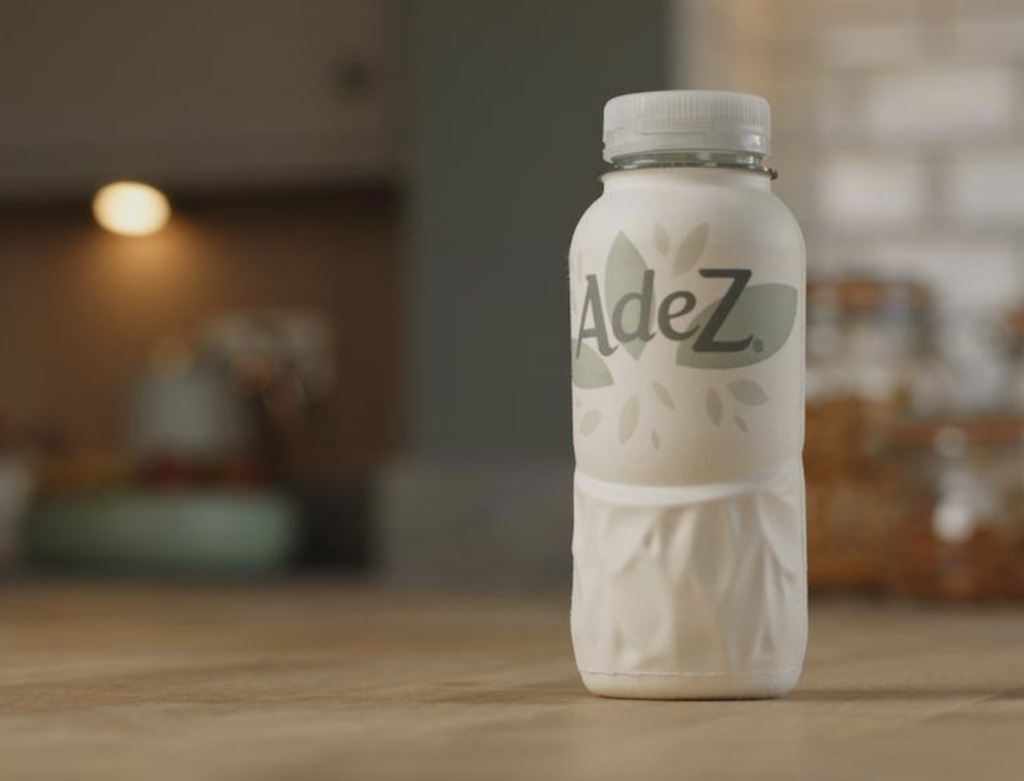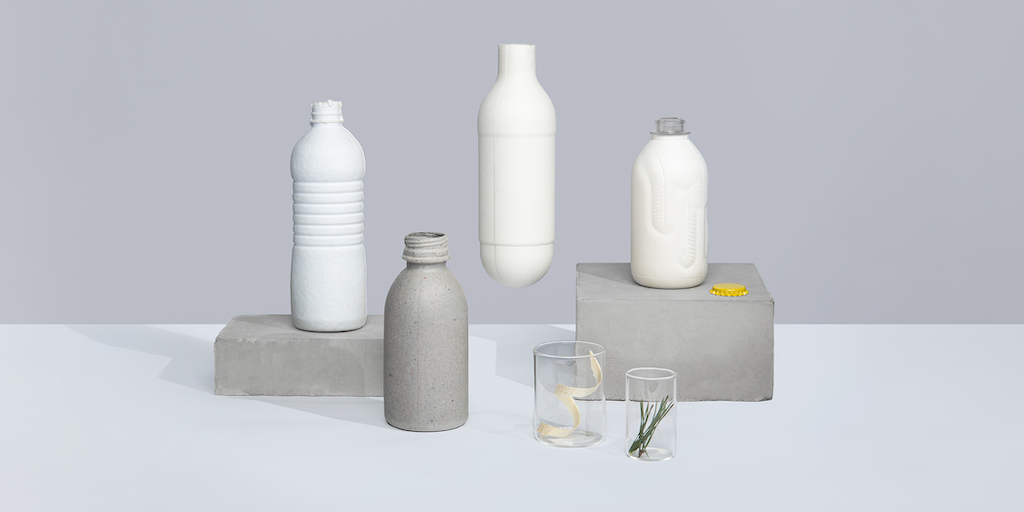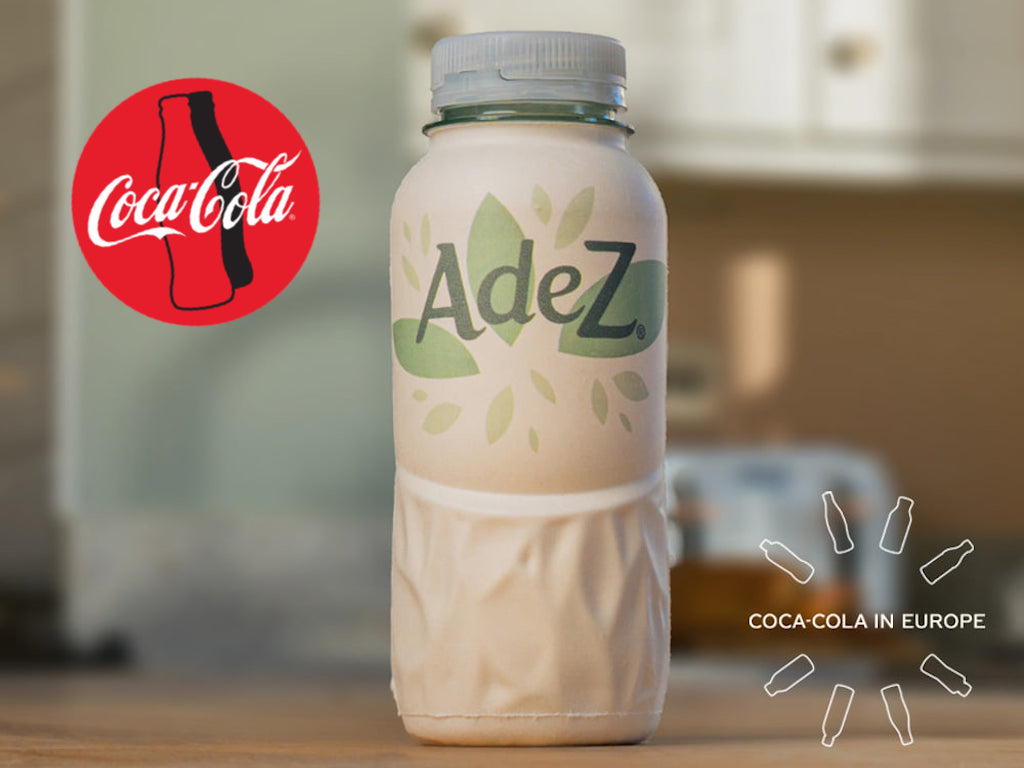4 Mins Read
Coca-Cola has announced an upcoming trial of its new paper-based bottles in Hungary, marking the first time the beverage giant has launched bottles of its kind on the market. No doubt a bid to shed away the criticism the corporation has received after being named the worst plastic polluter for the third consecutive year, the new 100% recyclable bottles will feature a paper shell made with a bio-based water-resistant barrier lining.
Coca-Cola is taking its paper-based bottle prototype out of the lab this summer, launching it in Hungary in a limited online trial run. As a part of the test, around 2,000 bottles of the plant-based drink AdeZ, which are made from ingredients like oats, almonds and coconuts, will be rolled out in Hungary’s e-commerce retailer Kifli.hu this summer.
The 100% recyclable paper bottle was co-developed with Danish startup The Paper Bottle Company (Paboco), in cooperation with a number of other corporate giants including Carlsberg, L’Oréal and The Absolut Company. According to Coca-Cola, this consumer testing phase will help the companies measure the performance and response to the new format, which consists of a paper-based shell made from sustainably sourced wood, with a bio-based material barrier that is liquid-resistant and a recyclable cap.

“The trial we are announcing today is a milestone for us in our quest to develop a paper bottle,” commented Daniela Zahariea, director of technical supply chain and innovation at Coca-Cola Europe.
Coca-Cola’s move comes shortly after the firm came under fire again for its plastic polluting operations, being named as the top polluting company in the world for the third year in a row in an international audit led by nonprofit Break Free From Plastic. The beverage giant’s bottles were found littered across beaches, rivers, parks and other environmental sites in 51 out of 55 countries surveyed in the study, up from its previous figure of 37 countries recorded in the audit in 2019, despite its previous promises to improve.
The trial we are announcing today is a milestone for us in our quest to develop a paper bottle.
Daniela Zahariea, Director of Technical Supply Chain & Innovation, Coca-Cola Europe
Zahariea explains that the latest paper-based bottle trial is a step in the right direction for the firm to live up to its expectations.
“People expect Coca‑Cola to develop and bring to market new, innovative and sustainable types of packaging. That’s why we are partnering with experts like Paboco, experimenting openly and conducting this first in-market trial,” said Zahariea in a statement, adding that the innovation is supporting the company’s new sustainable packaging goals, which includes transitioning to 100% recyclable packaging by 2030.

We are partnering with experts like Paboco, experimenting openly and conducting this first in-market trial.
Daniela Zahariea, Director of Technical Supply Chain & Innovation, Coca-Cola Europe
“This is new technology, and we are moving in uncharted territory. We have to invent the technical solutions as we go along,” added Stijn Franssen, R&D packaging innovation manager for Coca‑Cola Europe.
Another project that Coca-Cola has backed in an attempt to clean up its operations is Dutch biochemical company Avantium’s development of “all-plant” bottles. These bottles, which are biodegradable and recyclable, are manufactured from plant sugars instead of fossil fuels, and have also won the support of other FMCG players like Danone and Carlsberg.
While Coca-Cola has launched a trial of its new more sustainable bottles, Scotch whisky makers Johnnie Walker has already made it a permanent move for one of its products, saying that it plans to launch a new 100% plastic-free bottle made from paper in 2021.
Bacardi has taken it further, saying it will replace at least 80 million plastic bottles it produces each year with a new biodegradable version made from PHA, a material derived from the natural oils of plant seeds such as palm, canola and soy.
Lead image courtesy of Coca-Cola Europe / designed by Green Queen Media.




